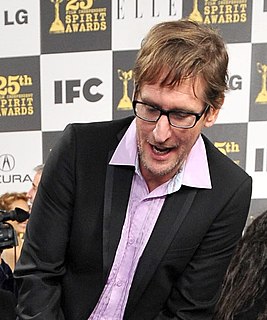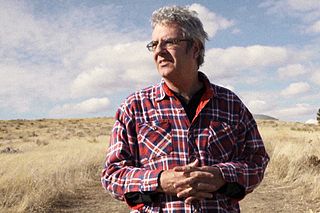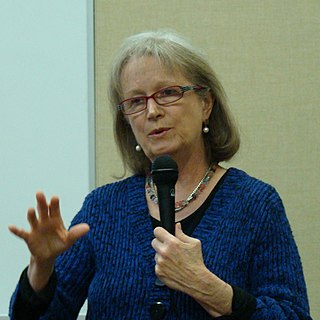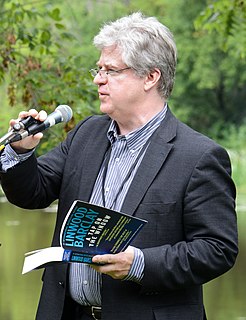A Quote by Noah Hawley
'Fargo' becomes a metaphor for a type of true crime case where truth is stranger than fiction. So, there's no reason that there isn't another 10-hour true crime story that could be told in this region.
Related Quotes
I grew up reading crime fiction mysteries, true crime - a lot of true crime - and it is traditionally a male dominated field from the outside, but from the inside what we know, those of us who read it, is that women buy the most crime fiction, they are by far the biggest readers of true crime, and there's a voracious appetite among women for these stories, and I know I feel it - since I was quite small I wanted to go to those dark places.
I pitched the idea to FX that there's this larger 'Fargo' universe where there's true crime in the upper Midwest, and I can tell stories from any era of that. Maybe they connect to the first season or the movie, or maybe they don't. It's just a style of storytelling. We're under the auspices of being a true story that isn't true.
The best crime stories are always about the crime and its consequences - you know, 'Crime And Punishment' is the classic. Where you have the crime, and its consequences are the story, but considering the crime and the consequences makes you think about the society in which the crime takes place, if you see what I mean.


































